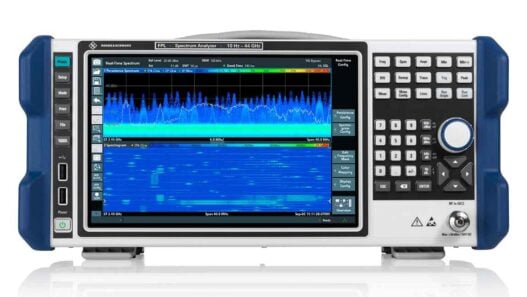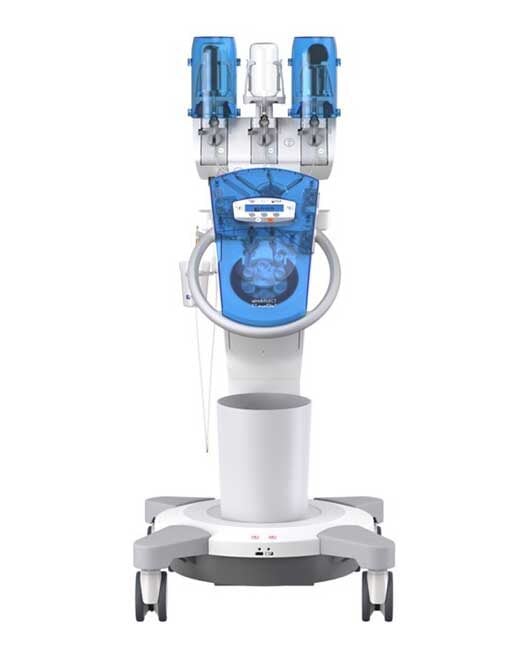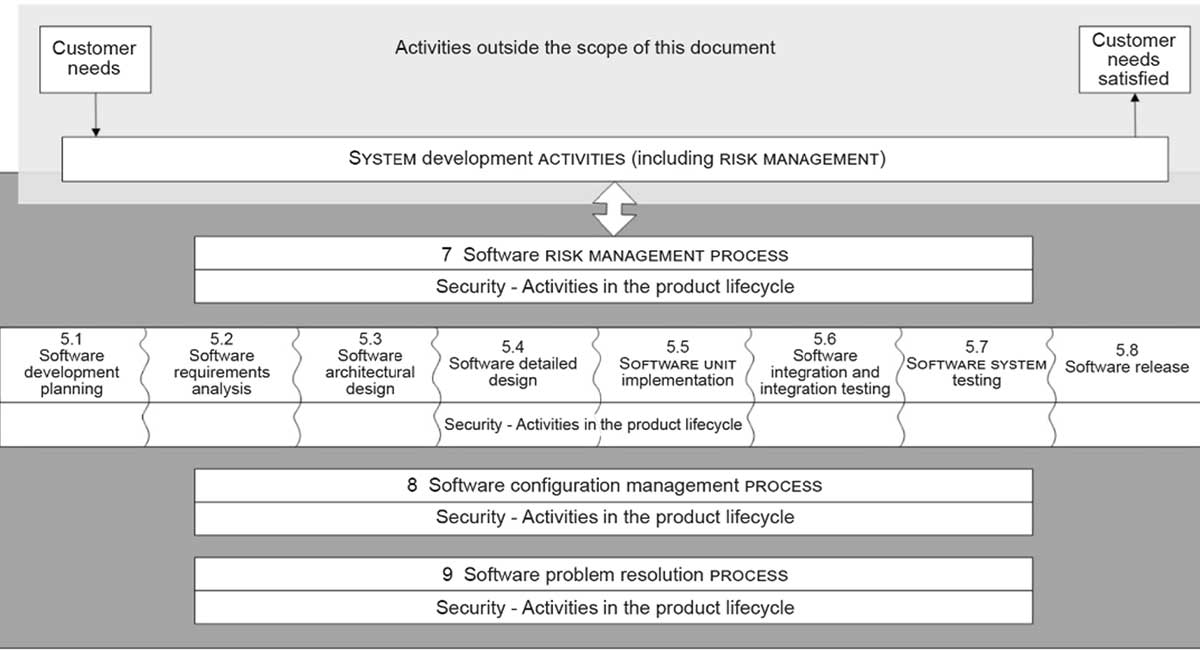The EU-funded GREEN NANO MESH (Targeting hernia operation using sustainable resources and green nanotechnologies. An integrated pan-European approach) project was launched to develop biodegradable nano- and micro- scale fibrous hernia meshes. These promise to enhance functional repair and produced without using hazardous processes and chemicals.
The meshes were made from eco-friendly raw materials (e.g. poly-epsilon-caprolactone, polylactic acid, pepsin-extracted bovine collagen and human recombinant collagen).
Using techniques such as electro-spinning, freeze-drying, supercritical CO2 technologies, dip coating and green cross-linking methods, scientists produced lab-based mesh prototypes. These nano-textured scaffolds were then functionalised with biophysical (e.g. porosity) and biological (e.g. collagen coatings) signals.
Scientists demonstrated that the meshes have mechanical properties similar or even superior to commercially available meshes. Moreover, their eco-friendliness as well as in vitro and in vivo cytocompatibility has been verified.
Technologies for fabrication of the nano-structured scaffolds and their functionalisation are now at technology readiness level (TRL) 4. The team is currently preparing invention disclosure forms.
They intend to attain TRL 5-9 within four years after the completion of the project, paving the way to clinical trials and commercialisation. The global nanotechnology market is worth trillions of dollars. Successful commercialisation would enhance European competitiveness in the biomedical sector.
More than 20 million hernia repair operations are performed annually worldwide and, despite the fact that many consider it a routine operation, complications still abound and recurrence rates exceed 40%.















